Since there is no minimum amount of debt needed to file for bankruptcy, the amount of debt doesn’t matter. Credit card debt, cash advances (sometimes called payday loans), and medical bills are all examples of unsecured debts. When it comes to secured debts, this can be a great time to file for bankruptcy if you are behind on payments for a car or property.
During your bankruptcy, you must continue to file all required tax returns or ask for more time. You should pay your taxes as they come due during the bankruptcy process. If you don’t file tax returns or pay taxes, your bankruptcy case could be thrown out.
Yes. Many people find they are eligible for loans and can buy homes after declaring bankruptcy. How quickly you can get home and how quickly you can get a loan depends on the lender’s discretion.
Yes. As a bankruptcy filing advantage, you no longer have to be afraid of answering the phone (well, except for those pesky robocalls!). To avoid violating the automatic stay, creditors should remain away from the debtor after filing a bankruptcy petition. Keep your attorney informed if the contact with the creditor continues for an inappropriate period after the case has been filed.
Yes. Attempts to collect a debt from a debtor are suspended because of the automatic stay, including legal action. It is considered best practice to notify the state court once the bankruptcy case has been filed. So that the court is fully aware of the automatic stay, they can immediately take the necessary steps to stop existing litigation in state court.
No. The federal government has jurisdiction over the bankruptcy procedure. The district court nearest your residence is usually the one to which you must make your claim. Ultimately, you’ve decided against taking your case to the county courts.
Chapter 7 bankruptcy may not be an option for everyone. To be eligible for Chapter 7, a debtor must meet certain income and family size requirements. To be qualified for Chapter 7 bankruptcy, a debtor’s household must earn less than the state’s median household income for that size.
Most likely not. If you hired a lawyer to help you file for bankruptcy, you probably wouldn’t have much contact with the court after sending your petition. During the required creditors’ conference, the trustee in charge of your case will set up a short meeting with you so that they can ask you questions. Creditors can also attend the meeting and ask any questions they may have. Also, whether or not the person has to go to court again depends on the details of the case. If you have a lawyer, you will only have to go to court if your lawyer tells you to. There are other times, though, when a judge will be involved in the case.
